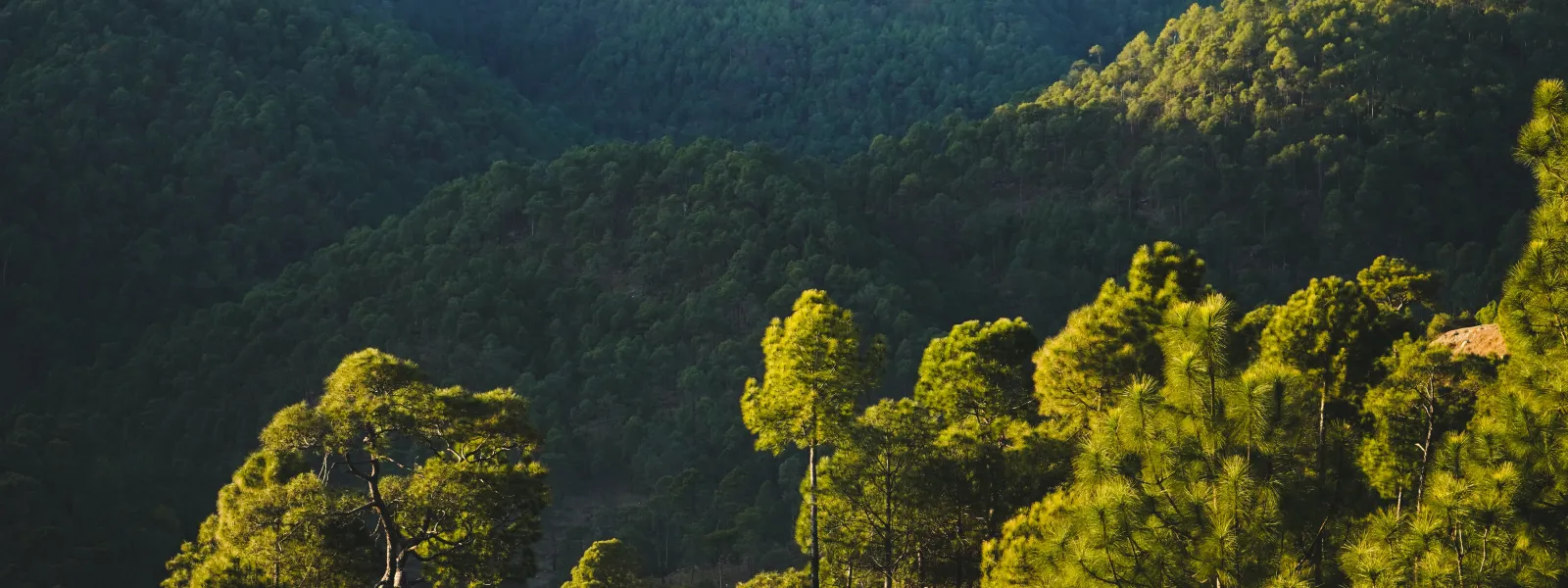
Alerts: COVID-19 in Latin America
The pandemic threatens the environment and human rights in the region
The impacts of the pandemic have extended far beyond health systems. Authorities have changed forms of realizing consultations, relaxed protection and surveillance measures, and neglected the most vulnerable populations, such as indigenous peoples, rural communities and human rights defenders. This—added to the increase in activities that impact the environment, threats and offenses—poses a worrying risk of human rights violations in the region.
